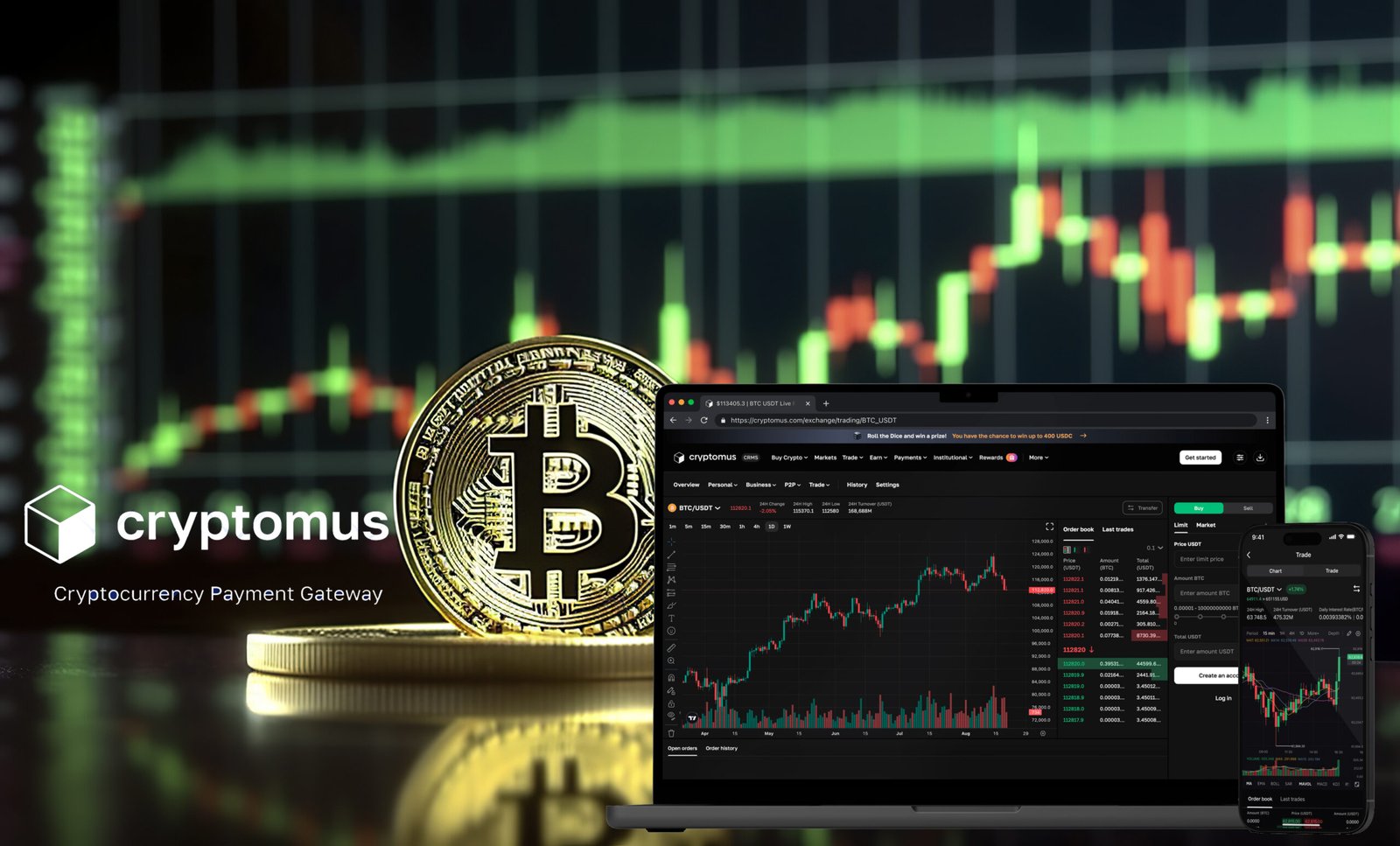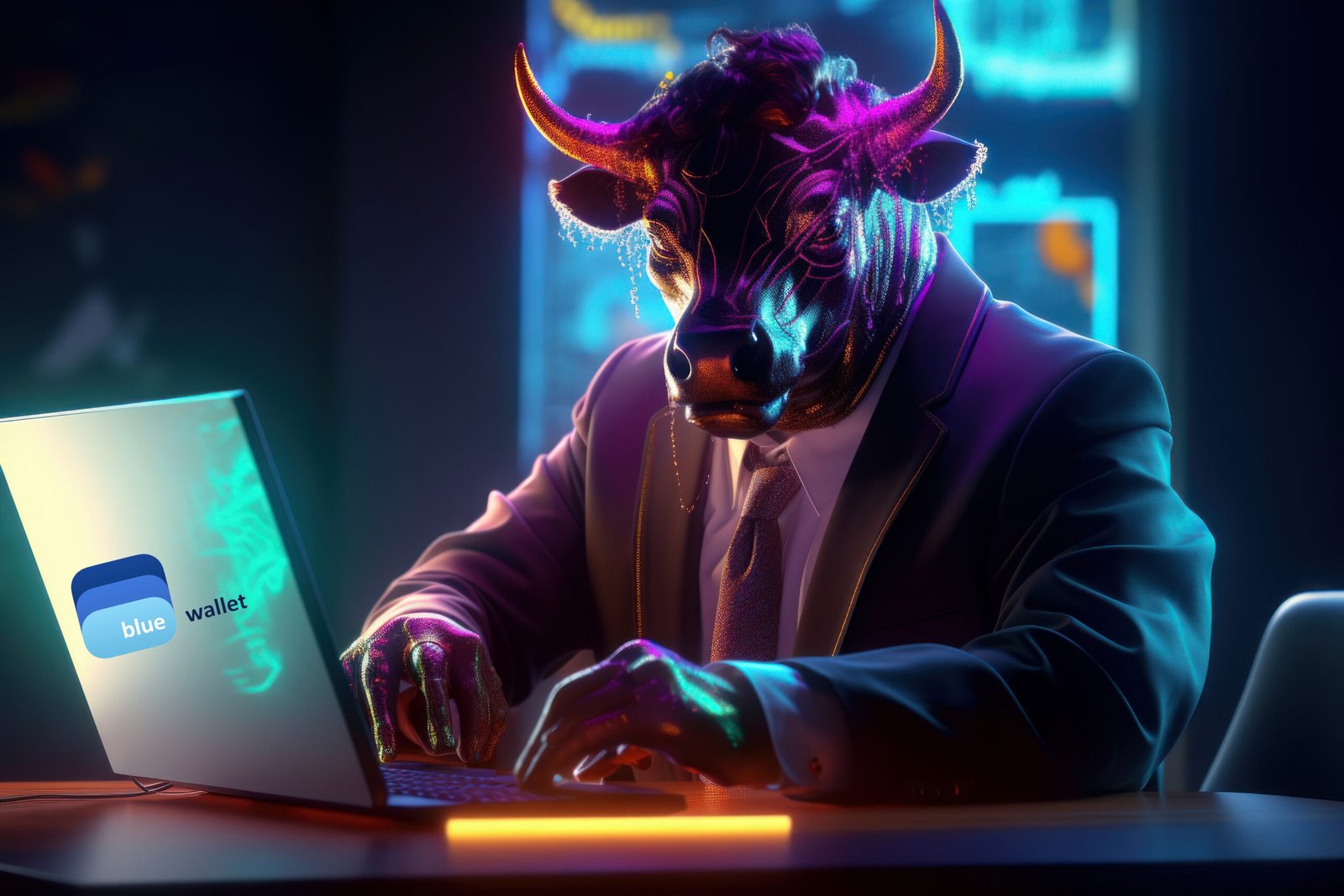
Who Owns Bitcoin? A Deep Dive Into Ownership and Distribution When people ask, “Who owns Bitcoin?” the question seems straightforward, but the answer is anything but simple. Bitcoin, the world’s first and most recognized cryptocurrency, stands apart from traditional assets like stocks or companies because it has no single owner, CEO, or controlling authority. Instead, its ownership is as decentralized and globally diverse as the technology that powers it. Let’s dig into the fascinating story behind Bitcoin’s ownership and discover who really controls the world’s most famous digital asset.
The Enigma of Satoshi Nakamoto
At the heart of every Bitcoin ownership discussion is an elusive figure—Satoshi Nakamoto. This pseudonymous creator launched Bitcoin in 2009 and, according to blockchain analysis, is estimated to hold about 1.1 million Bitcoins. That makes Satoshi the single largest known holder by far. What’s more interesting? These coins—held across multiple wallets—have barely ever moved since Bitcoin’s early days. No one knows whether Satoshi is a person or a group, and their continued anonymity adds a legendary mystique to Bitcoin lore.
Institutional Holders: Public Companies and Funds
As Bitcoin’s value skyrocketed and it gained mainstream acceptance, large institutions began buying in. Publicly listed companies like MicroStrategy and Tesla are famous for investing substantial sums into Bitcoin. MicroStrategy, in particular, has famously converted much of its corporate treasury into Bitcoin, making it the largest public company holder. Asset management giants like BlackRock have also entered the scene, offering Bitcoin-related investment vehicles to institutional clients.
Additionally, exchange-traded funds (ETFs) and trusts hold massive amounts on behalf of thousands or millions of investors. These funds buy and store Bitcoin while ordinary investors buy shares, giving them indirect exposure.
The Role of Governments
Surprisingly, some governments have become major Bitcoin holders, albeit unintentionally. Law enforcement agencies in the United States and other countries have seized large Bitcoin stashes from criminal enterprises and darknet operators. The U.S. government, in particular, has become one of the largest single holders after multiple seizures. While these Bitcoins are sometimes auctioned off, the government often retains significant reserves for extended periods.
A few countries, such as El Salvador, have purchased and held Bitcoin as part of national policy. While their holdings are tiny compared to billion-dollar funds, this marks a significant milestone in Bitcoin’s journey: official nation-state adoption.
Everyday People: The Real Backbone
While headline-grabbing entities make the news, the foundation of Bitcoin’s ownership lies with ordinary individuals. Hundreds of millions worldwide own at least a fraction of a Bitcoin—sometimes as little as a few satoshis (the smallest unit of a Bitcoin). Whether through early mining, exchanges, earning, or remittances, Bitcoin ownership has spread to nearly every country.
Some users choose to self-custody their coins in private wallets for maximum control and privacy. Others trust centralized exchanges to safeguard their holdings, accepting some risks in exchange for convenience. While some wallets are “whale” addresses holding tens of thousands of coins, the majority of active Bitcoin wallets today contain less than one coin.
Whale Watchers: The Largest Holders
Blockchain transparency lets us see Bitcoin’s ownership concentration. The top 100 richest addresses—often called “whales”—control a significant chunk of the supply. Some belong to exchanges (and so, by extension, represent thousands or millions of users); others likely are individual or institutional investors with deep conviction. Despite periodic concerns about “whale” sell-offs crashing the market, historical moves show these large holders rarely move coins en masse.
Decentralization: Bitcoin’s Defining Feature
Unlike almost every traditional asset, Bitcoin is radically decentralized. There’s no central issuer, no back office, and no entity that can seize or freeze coins arbitrarily. Bitcoin’s blockchain makes every transaction and holding visible to those who look—but knowing an address doesn’t mean knowing who controls it. While digital forensics has improved, true ownership often remains opaque unless the holder voluntarily identifies themselves.
In the end, Bitcoin’s ownership story is about collective empowerment. From unknown creators to governments, corporations, and millions of ordinary people, Bitcoin not owned—it shared, and its future written by the choices of its global community. If you own even a tiny slice, you’re part of this groundbreaking experiment in digital finance.


